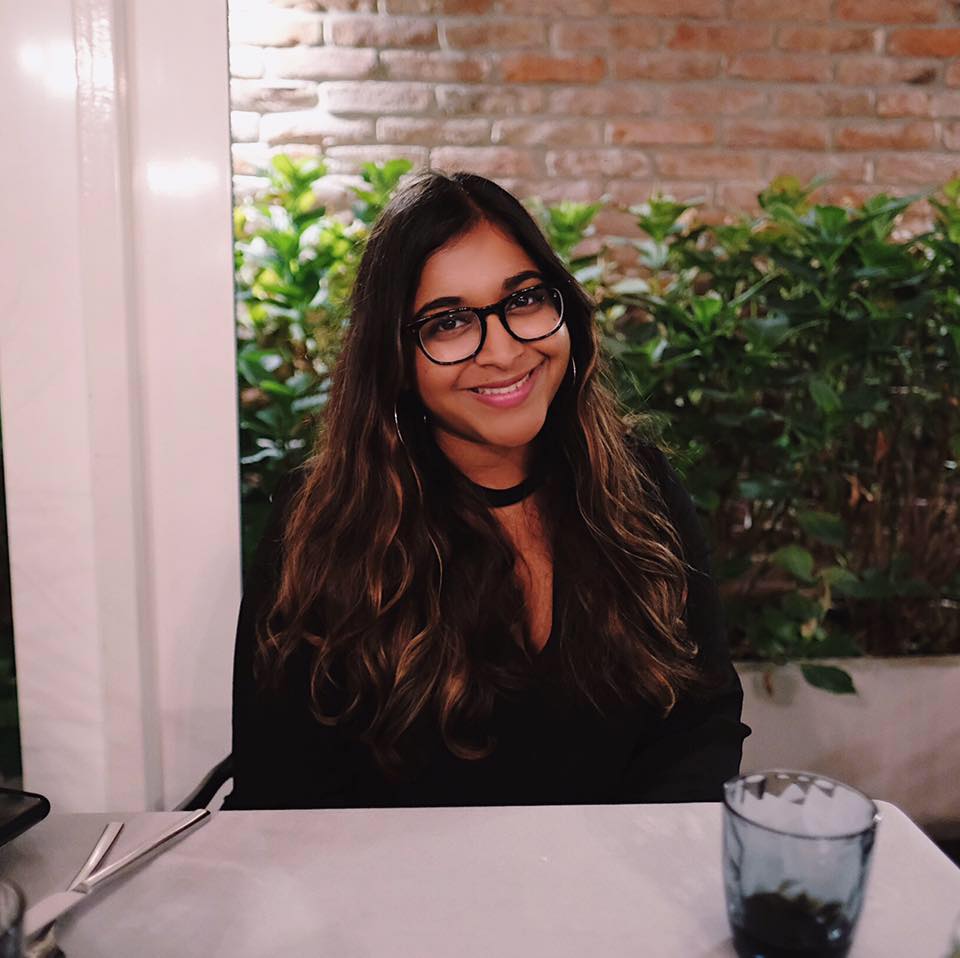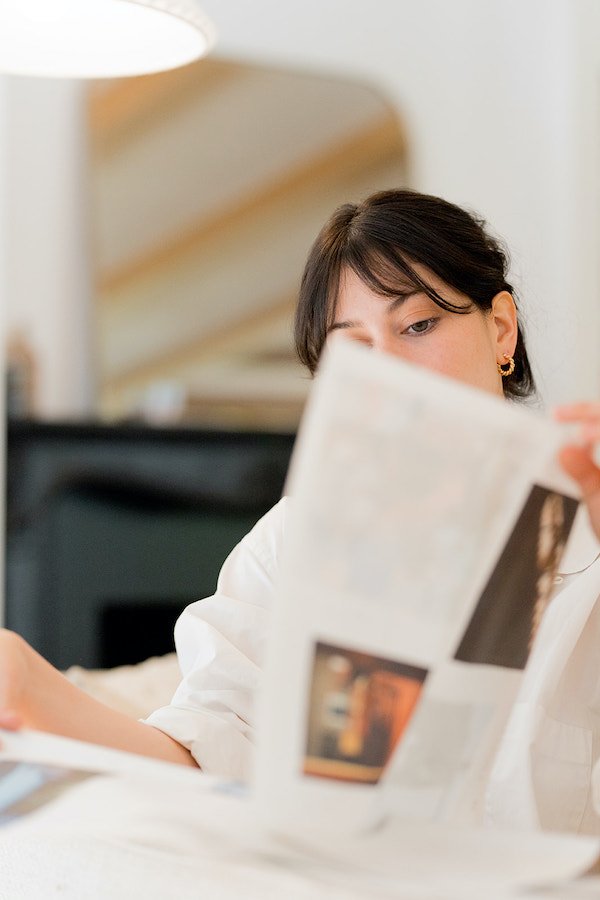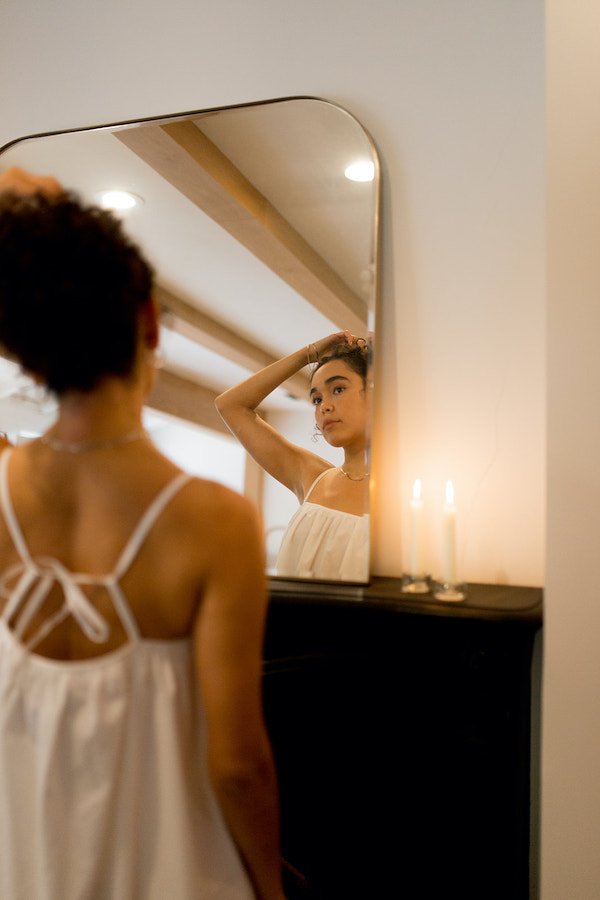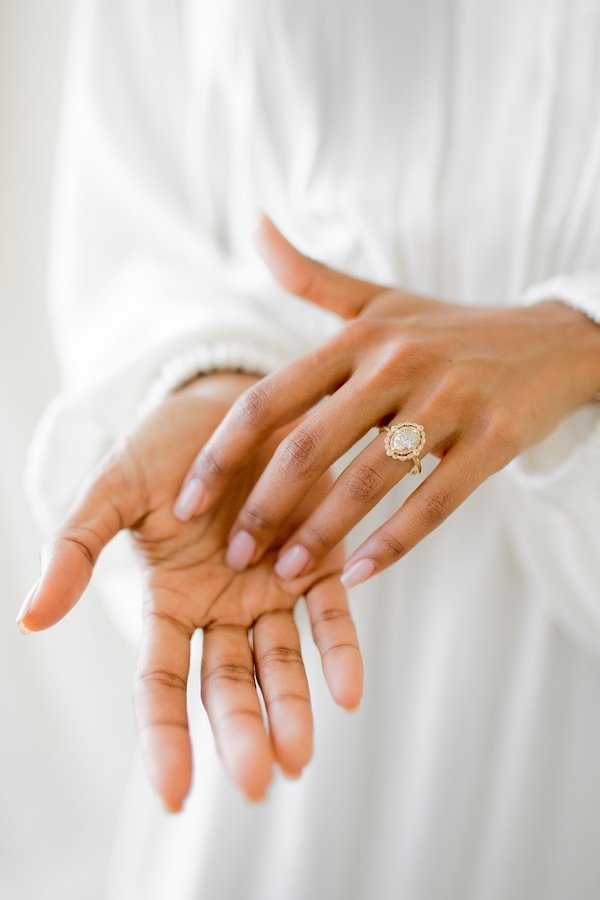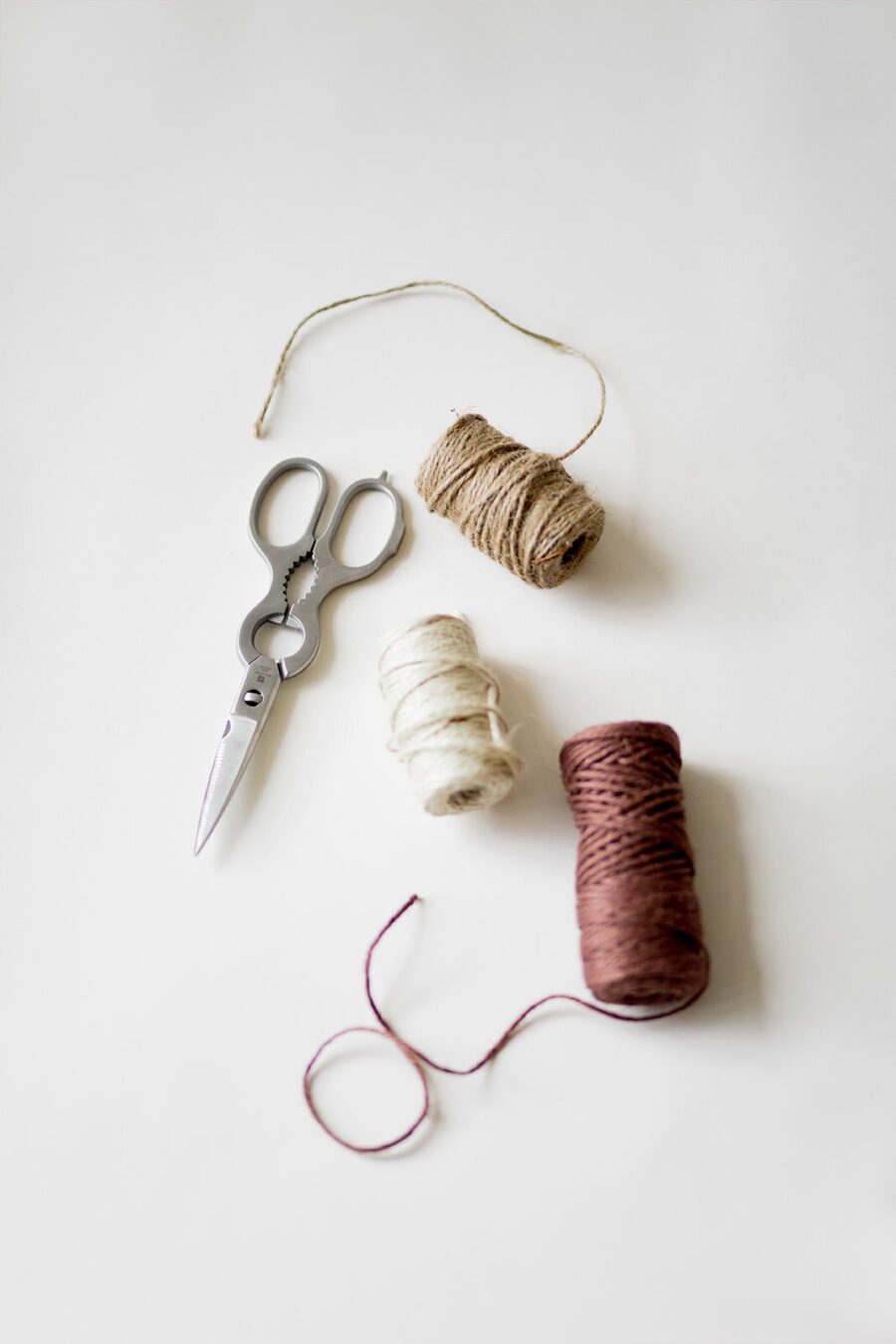
What My South Asian Family Taught Me About Sustainability (Before I Knew What It Was)
We didn’t have ‘less than’—we had the opposite.
Like many first-generation immigrants, my parents came from India to the United States, searching for the “American Dream.” After spending years wearing the same three pairs of pants and shirts, my father arrived in 1978 with just eight dollars to his name. Only after working overnight shifts in a candy store (and sleeping in the aisles) for months, he found a chemistry technician job and met my mother, another Indian immigrant. They settled together in a sleepy, suburban town in the middle of New Jersey.
Growing up in an overwhelmingly white and wealthy town, there were very few people like me. I could count the number of fellow South Asian students on one, maybe two hands. I remember feeling out of place, a fish out of water trying to assimilate. The practices we followed as an immigrant family—ones where my parents were trying their best to straddle two cultures—exacerbated how I felt.
My parents didn’t have too many strict rules for our home, but I remember the main one was “don’t waste.” This applied to nearly every item and circumstance: from reusing yogurt containers for Indian meals, to transforming old clothes into rags, to eating every bite of food. With my friends buying the latest and greatest, I was relegated to wear out the clothes my mom had purchased at the start of the school year. (I say relegated because that’s how it truly felt.)
“‘Don’t waste’ applied to every item and circumstance from reusing yogurt containers for Indian meals to transforming old clothes into rags.”
When other parents would wrap up leftovers in fancy Tupperware, we opted for old Ziplocks, takeout containers, and plastic shopping bags from the grocery store. Old cookie tins were used as sewing kits or for sorting jewelry. And if my brother and I ever left food on our dinner plates, my parents reminded us that food isn’t meant to be wasted and that others don’t have the same privilege. They knew that firsthand.
My parents were learning to balance their long-time scarcity mindset that relied on scrappiness and resourcefulness with very new and modest wealth. This mindset was born out of decades of living in crowded apartments with up to 10 other siblings at a time, wearing hand-me-downs, not knowing where their next meals were coming from, and working at young ages to take care of loved ones.
“My parents were learning to balance their long-time scarcity mindset with very new and modest wealth.”
To be honest, this mindset made me feel “less than,” like I couldn’t ever live up to my peers’ lifestyles of newer, bigger, better. It made me feel like we had so little, despite living in the same four-bedroom home like everyone else. Like many first-gen children, I saw my parents’ philosophy on being mindful of waste as one solely of circumstance, of poverty. It never occurred to me that my parents were “practitioners” of sustainability. It also didn’t occur to me that by being sustainable, we were respecting the abundance of what we now had, not the lack of it.
As I went through college and graduate school, it dawned on me just how dire the climate crisis was (and is), and how many people have been exploited in the name of fast fashion, including from my own South Asian communities. I started questioning where my clothes came from, how cities were handling food and plastic waste, and who or what might have been harmed in whatever I was consuming.
“It didn’t occur to me that by being sustainable, we were respecting the abundance of what we now had, not the lack of it.”
Quite frankly, I also wondered why only white women were leading the conversations around sustainability, and why the most common definition of “sustainable living” was inaccessible to most. Throughout my educational journey—because the mainstream terms used were sustainable and eco-friendly—hearing from only Western white women via their influencer platforms never resonated with me on a personal level. What did they understand about sustainability that was different than what other cultures had been practicing for centuries?
Whatever features were out there often centered around living “plastic-free lifestyles” and were a wealthy person’s guide to being low waste, learning as they go. Most publications never included voices from the communities who’ve practiced sustainability the longest, and sometimes out of sheer need.
“Most publications never included voices from the communities who’ve practiced sustainability the longest, and sometimes out of sheer need.”
Only recently did I connect what my parents were teaching me and what had become mainstream. The practices my family worked so hard to instill were in the name of sustainability, of respecting our one and only planet and its finite resources. They were in honor of all that we had. We didn’t have less than—we had the opposite, more than we’d ever need. It wasn’t a new movement, just one I’d only seen through a white-washed lens.
“We didn’t have less than—we had the opposite, more than we’d ever need.”
Interestingly enough, when I asked the BIPOC community around me about these kinds of experiences, I received dozens of similar responses. Many also felt stingy or poor like I did, that these “tacky” practices would one day be exposed, even though we ourselves weren’t struggling in the same way. For our families, sustainability was ingrained into our cultures; it wasn’t the newest eco-friendly trend. It’s the way we grew up, even if we never called it “sustainable.”
Was my parents’ basis for being sustainable from their experiences with poverty? Sure, how could it not be? But does that make our family’s values any less sustainable? I’d argue more so because it’s directly and authentically from communities who would suffer from climate change and exploitation the most. These stories are also the ones that need to be told by sustainability-centered outlets.
As an adult, I’m seeing how much I mimic the very practices my parents taught me. My most interesting observation? Whenever I keep old plastic containers or reuse tees as rags, I do so because I understand it’s the right thing to do. Even though my parents never used common terms or jargon, sustainability is an ethos I will practice forever. Especially now, knowing what exactly it is and what it can look like in all its forms.
Did you practice sustainability while growing up? Share in the comments below!
Henah Velez (she/her) is an Editor at The Good Trade. She holds a Master’s in Social Entrepreneurship and is a proud Rutgers grad. Originally from NJ, Henah’s now in Santa Barbara, CA, where she loves shopping small, hanging with her pets, or traveling. Say hi on Instagram!
